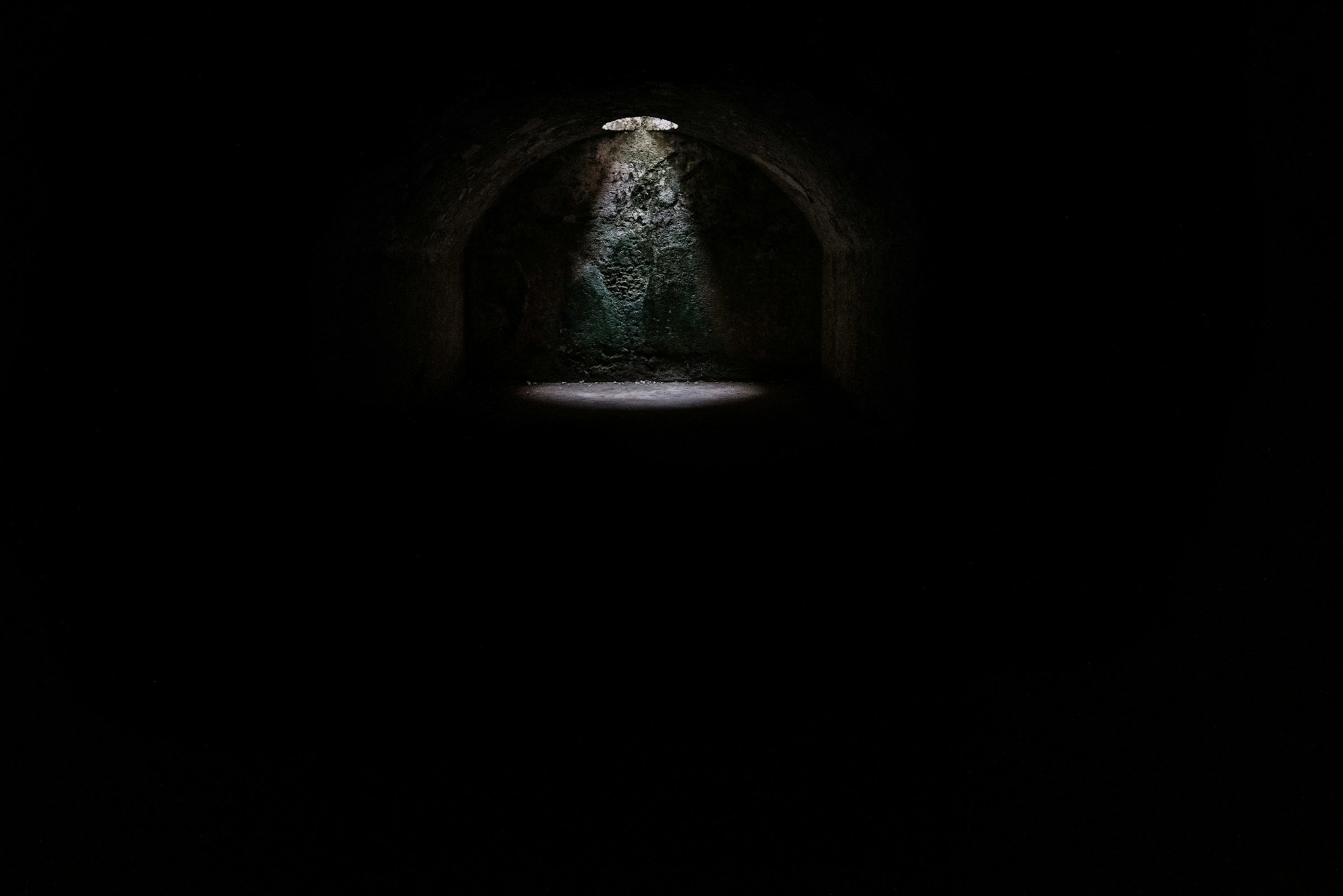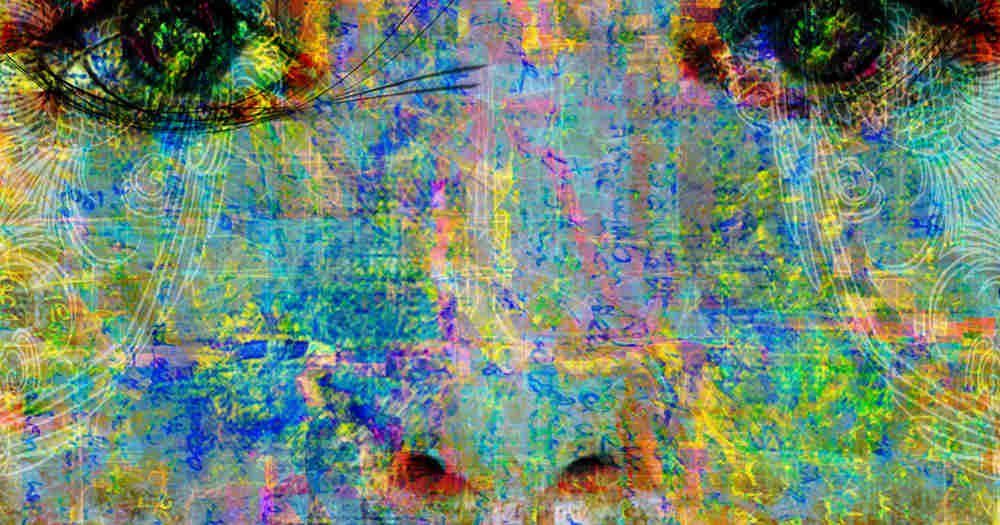“Grief can be the garden of compassion. If you keep your heart open through everything, your pain can become your greatest ally in your life’s search for love and wisdom.”
Last week, in my post on myths and realities, I discussed the importance of making fact-based decisions and judgments. In this post, I want to explore the importance of understanding the feelings driving those decisions and judgments. Since these days it seems like feelings trump facts, I thought it might be helpful to look at both through an objective lens. While this current election provides a perfect case for examining the influence of both facts and feelings, please see both posts as examples that can be applied to universal themes. In response to last week’s post, a friend said, “I’d like to hear about the myths and realities surrounding immigration.” That was exactly the response I had hoped for. So bear with me, as I use this last post before the election as an opportunity to understand more deeply the importance of both facts and feelings in decision making. Here goes my last shot at preparing for whatever happens on November 5.
I’m not sure I can turn the grief I may feel on November 6 into a garden of compassion, as Rumi suggests.

Keeping my heart open no matter what happens might be a challenge too great for me to handle to continue my search for love and wisdom. To prepare for the possibility of needing to confront that challenge, I thought it might be helpful to explore the reasons behind the grief that I might feel as a result of MAHA achieving satisfaction for the grievances festering in their psyche. Yes, I’m substituting hate for great in MAGA because this post is about feelings, not lies.
My message here is not, “my sense of victimization is greater than MAHA’s” or “my grief is greater than their grievance.” It’s not even to discount the sense of grievance people may feel for a variety of reasons. It is, instead, “We have a lot to lose here.” To be specific, the fear causing me to suffer from free floating anxiety and, at times, a feeling of nausea is the potential loss of civility, respect, restraint, humility, humor, trust, hope, welcoming acceptance, appreciative inquiry, objectivity, bi-partisanship, inclusivity, free speech, choice, democracy, balance, unity, positivity, decency, community, equality, nuance, rigor, fairness, and common ground that could come as a result of a MAHA victory. I will spare you the riff on each of those losses, but I will say that our biggest danger is to assume that another Trump term won’t be more dangerous than the last. The facts don’t support that myth.
So, what’s the difference between grief and grievance?
Essentially, grief is an expression of sadness. Grievance is an expression of resentment.
And fears can trigger both.
We have all seen the manifestations of fear in our avoidance of social gatherings, our perceived loss of control, and a growing sense of mistrust that destroys relationships. Grievances can be expressed by the resentment people feel when they experience being mistreated.
As is my custom when I think I have a clever new idea, I did a search to find out if anything had been written on grief and grievance. Sure enough, I discovered my “novel” idea had been explored in a number of ways by several different authors over the past several years. I found it revealing that all but one had been written on this subject since to 2020. Hmmm, can you think of anything that might have happened on January 6, 2020 that might have inspired all of these books at this point in history? Here are the books that came up on my “original” idea:
- Grief and Grievance: The Assassination of Yitzhah Rabin by Rena Moses-Hrushovski in 2000.
- Grief and Grievance: Art of Mourning in America (from Civil Rights to Black Lives Matter) by Okwui Enwezor and Naomi Beckwith in 2020.
- Good Grief Journal: Grievances on Workplace Culture and Climate by Khabirah Edouard in 2022
- Grief and Grievances: A Pride and Prejudice Variation by Catherine Bilson in 2023.
- Black Grief/White Grievance: The Politics of Loss by Juliet Hooker in 2023.
So much for having thought I had captured an entirely new way to represent our current situation. In any event, here are two insights I had after thinking about the subject and reviewing some of the literature.
First, part of my training was to think of emotional states in the five categories of up, down, anger, fear, and confusion, with three levels of intensity for each category: High, Medium, and Low. If you want to improve your emotional intelligence by 10 points, simply expand your feeling word vocabulary in each of the 15 boxes in this chart. See how quickly you can think of three words for each box.
|
|
Up |
Down |
Anger |
Fear |
Confusion |
|
High |
|
|
|
|
|
|
Medium |
|
|
|
|
|
|
Low |
|
|
|
|
|
For example, a high intensity anger word might be enraged, and a high intensity fear word might be terrified. A medium intensity down word might be sad, and a medium intensity fear word might be anxious. You get the point. As I was writing this post, it occurred to me that very few of the feelings surrounding this election are in the “Up” category. Most people are feeling some combination of down, angry, afraid, or confused. I’m more in the down and fear categories than the angry and confused categories. My impression is that a lot of MAHA voters are primarily in the high-intensity angry category as a result of all the grievances they experience. They don’t seem very conflicted (medium intensity confused) or sad (medium intensity down). Depending on the news bulletin of the day, I’m either in high or medium down and fear, but mostly down due to the grief caused by what we stand to lose. How sad that we are not more happy as a nation. We wouldn’t score well right now on Bhutan’s Gross National Happiness Index.
Here’s the problem. When people are full of anger and have no fear, no doubt, no confusion, and no shame, they lose the censoring mechanism that restrains them from their darkest and most hateful impulses. In a recent article in the NYT, Ezra Klein describes Trump as having no inhibitions. He feels free to say and do whatever he wants. Ezra claims that the biggest danger of another Trump administration is that he would surround himself with people who would feed his worst impulses instead of restraining them. Healthy people are able to experience the full range of emotions that enable them to make balanced and morally grounded decisions. That is not the case for Trump and his MAHA worshippers.
Second, exploring that phenomenon led me to ask the question, “What are the primary sources of grief and grievance?” To me, the primary sources of grievance come from several fears:
- The fear of losing status and power expressed through racism and sexism.
- The fear of being replaced expressed in animosity toward immigrant infusion and anger about robotic intrusion.
- The fear of being left behind from the explosion of technology, acceleration of change, and globalization.
- The fear that no matter what I want, it doesn’t matter AND I don’t matter—the system is rigged by the Deep State.
- The fear of having no voice expressed by rage from elite condescension.
- The fear of being food and financially insecure as a result of inflation, i.e., worried about paying rent, mortgage, or medical bills.
For me, the primary sources of grief are the losses I mentioned earlier and deserve repeating: civility, respect, restraint, humility, humor, trust, hope, welcoming acceptance, appreciative inquiry, objectivity, bipartisanship, inclusivity, free speech, choice, democracy, balance, unity, positivity, decency, community, equality, nuance, rigor, fairness, and common ground. I am terrified (high intensity fear) that we could lose all of those as a result of a MAHA victory. In addition, the potential diminishment of the EPA, HHA, Department of Education, NOAA, Homeland Security, etc. makes me distraught and sad. It’s hard to find happiness, hope, and joy in this landscape.
Now, let’s step back for a moment to look at how feelings play a role in major trends that are happening independent of the election. The move toward a distributed workforce has made it more difficult to feel a sense of connectedness and belonging. The population shift throughout the world from rural to urban has disrupted people’s sense of community and sense of place. In the meantime, the proliferation of wars, climate disasters, and famine crises has created more loss for us to handle.
Addressing all of these issues simultaneously requires us to focus more diligently on both the facts and feelings underlying the likely causes and potential solutions for all these problems. Yup, facts AND feelings. It seems so simple. How strange that something so simple has become so challenging. Now let’s step way back.
In Rachel Kushner’s new book, Creation Lake, she cleverly weaves into her narrative the evolution of our human species. In short, our earliest known human ancestors, Homo Erectus, existed on planet Earth as early as 1.8 million years ago. The Neanderthals apparently entered the scene around 400,000 years ago, and Homo Sapiens appeared about 300,000 years ago. Kushner suggests in her book that the Neanderthals were doing just fine until Homo Sapiens came along and began their insidious trajectory of first destroying the Neanderthal culture and then laying waste to many other species and the earth itself all for purposes of accumulating more power, wealth, and status. It seems like we have a long history of ignoring facts and acting on feelings that don’t necessarily promote the common good. That perspective may (or may not) help us navigate this current crisis.
Well, those are the facts as I understand them and the feelings I’m experiencing as November 5 approaches. AND, in spite of all that, I still have a lot of hopes: I’m hoping on November 6 I’m not grieving because the MAHA gang could not see beyond their grievances; I’m hoping we all do better at researching the facts and owning the full range of feelings about all the issues we are facing; I’m hoping that more of us can find a path to high intensity “Up” feelings more of the time, or even medium intensity for that matter; I’m hoping that, as Rumi suggests, grief can become a garden of compassion and that by keeping our hearts open we can find love, joy, and wisdom. Finally, I’m hoping that we make better decisions and more accurate judgments as we go forward as a member of the human race. May it be so.
Also published on Medium.




One of your best I believe! Resentments are the #1 reason alcoholics fall off the wagon. Thank you my friend!
Thanks Ron. Yes, that’s probably why it is so hard to get people to stop. It may be that it’s resentment that makes it so hard for the MAGA folks to quit their addiction.